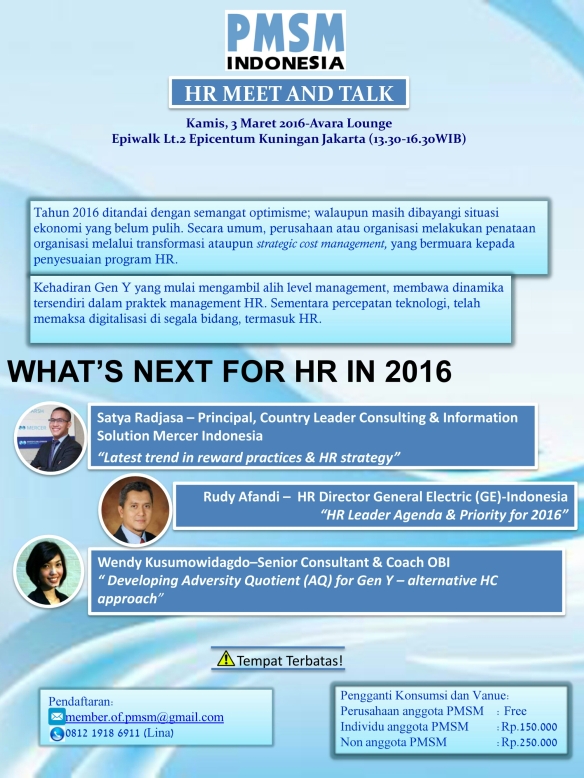How tragically interesting! As I was writing 5 paragraphs into this blog to primarily talk about self-control, the electricity decided to shut and long story short I lost all my article, leaving only one line I’d originally written on my first draft to mock me. Yes, all I wanted to do was scream, yell and beat myself out (or somebody else). But I didn’t! I suppose it wouldn’t have been wise on my part to react negatively anyway, because if I had, I would have lost my integrity and the entire blog would have been compromised. So please bear with me as I’m now regaining my cool while at the same time clicking the “save draft” button to prevent further loss and a potential major meltdown on my part. 🙂

My original 5 paragraph blog

50 minutes later.. this is what I ended up with
This is how my article would have looked like .. more or less.
In the spirit of Easter, I thought I’d share my lenten experience this past 40 days. This year I decided that I wouldn’t do things I’d typically go for like giving up meat on Friday. For this year, I wanted to do something different, more challenging and pertinent to my personal growth. I decided that I would be brave and confront my vice! I wanted to abstain from negative emotions, I wanted to curb anger and other manifestations alike. You see, I can be quite short fused and impatient as a person. It’s not something I’m proud of at all (for obvious reasons), and I’ve been trying to improve that area for a long time. So when lent began, I thought what better time to do it than now.
Place your bets, ladies and gentlemen!
So this is what I did. I committed that for every negative emotion I carried out, I would donate Rp. 10,000 (equivalent to USD 1) for a good cause. So all in all I figured it was a positive thing. If I succeeded, I was curbing my bad habits. If I failed, I was doing something good for other people. I accumulated Rp.320.000 at the end. So is it good or bad, one might ask? Since there’s no calibrated device to gauge these things, I suppose it’s hard to make a call whether I did well or not. But to me, it’s my personal best so far and I’m very proud of myself that I managed to refrain from festering some negative feelings during the process. Trust me, I could’ve lost more than Rp. 320.000 had it not for the wager.
To me it’s not about the wager, be it big or small. The most valuable lesson I learned from this experience is that emotions are an active will, a verb and it’s something we have full control of. Stephen Covey’s first of the 7 Habits of Highly Effective People is “Be proactive” in which he talks about the importance of taking initiative in life by realizing that your decisions are the primary determining factor for life effectiveness. In other words, we decide whether we want to feel good or bad.
Some people are built with a more positive predisposition, some with less. Those who have got a better predisposition have a head start over others. But it doesn’t mean that the quick tempered, short fused, impatient folks are hopeless and have to stay that way forever. It just means that we have to work harder to get better.
Switch it like an On/Off Button
I later discovered this fantastic hypothesis during the process which is, that we all have a possession to an on/off emotional switch. All our feelings and emotions are the currents that run through our body, all human beings have them, it’s normal. Whether we want to turn the switch on or off is our call. What the switch does is manifest the emotions we feel inside into a concrete action. Something can trigger us to feel angry, but we decide whether we want to turn the angry switch on or not. Something can trigger us to feel frustrated, but we decide whether we want to carry on and get frustrated or not. Vice versa, something can trigger us to feel happy, but we decide whether we want to get happy or not.This is why people react differently to different stimuli.
My emotional on/off switch
Honestly it was no walk in the park to try to stick to my “don’t get angry” commitment for 40 days, but I tell you it was well worth it. It wasn’t magic, there was no short cut unfortunately, in fact it took a lot of hard work in conditioning the mind. But I managed to do it. And if I could do it, I know you can too. Here are some tips that worked for me in my journey of emotional control, see if they can work for you too:
1. A Goal
Goal setting is paramount. All process for personal development begins with the end in mind. Whether you want to smile more, frown less, laugh more, yell at people less, whatever it is, write it down as a goal. My goal was to be more patient and less angered. I believed in the goal because I knew it would make me a more effective person and help me in my relationships with others. A goal will help you stay the course when the going gets tough and there are more temptations to do bad than there are motivations to do good.
2. Reminders
I posted sticky notes everywhere that say “Rp.10.000 for every negative emotion”, on my vanity mirror, bathroom mirror, in my closet to remind me about my wager. Reminders are helpful because we can easily forget about them. It’s unlikely that these goals would top someone’s bucket list. This may not change other people’s lives, but it can change our own lives. Have a daily reminder of your personal development goals.
3. Talk to yourself like a friend would
When I discovered that I’d lost my 5-paragraph blog, I literally repeated to myself “It’s okay. Don’t get angry. Don’t get frustrated. Just write it again, Wendy”. I pretended that somebody else was talking to me and it helped me cool off. I know for certain that if I dwelled on being negative, my brain would shut down and I wouldn’t be able to continue writing again. When we’re feeling emotional, we’re not ourselves. Haven’t you done or said things when you were angry that you later regretted? Emotions can easily trump rationale if we don’t control it. Next time when you’re upset about something, try stepping outside of your emotions and be a logical friend to yourself.
4. See the big picture
When we feel angry, our rationale is clouded by negative feelings and causes us to think short term. Condition your mind to see the big picture of things as they unravel. To me, this especially works in an argument. It helps to ask ourselves, “What are we trying to accomplish from this? To win the argument just for the sake of winning, or actually find a solution or common ground with that person?”

I couldn’t believe how effective my 40-day lenten commitment had turned out. Most of all as a final test, I’m so proud of myself that a little thing such as losing a 5-paragraph file didn’t affect my mood. In the end I think it paid off because I believe that I was able to produce something even better than I would have originally. *smiles* I know that I will continue this long and trying journey of emotional control. I hope you will stay tuned as I will keep you posted on my process!
To end my article, I’d like to leave you with a quote I recently read “Be selective in your battles, sometimes peace is better than being right.”
0.000000
0.000000












